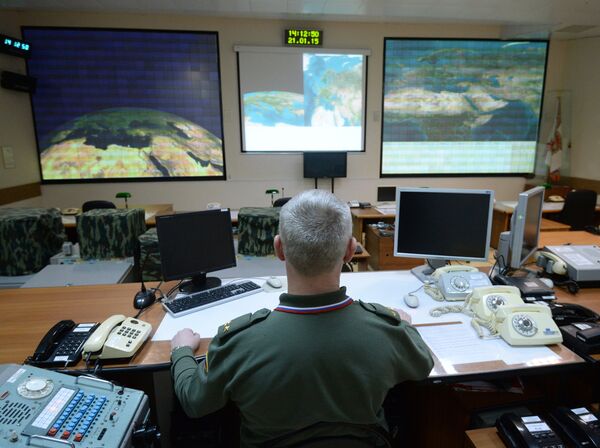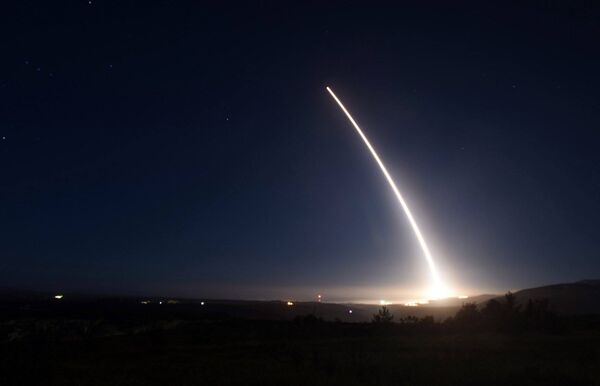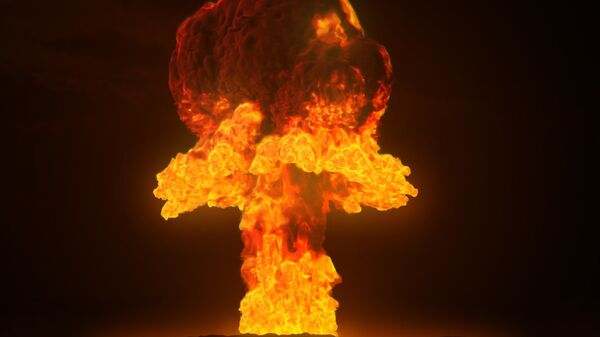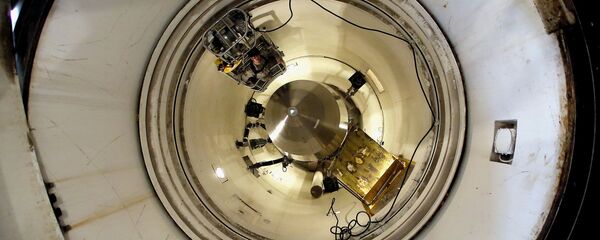Twenty-five years ago, Lt. Col. Stanislav Petrov, a duty officer at the Serpukhov-15 Central Military Surveillance Center in Moscow, made a decision that saved the world from nuclear war.
Armed with powerful optics and infrared sensors, Soviet satellites and infrared sensors would register the fiery exhaust of a missile leaving the silo.
Moments later, the OKO system reported second, third and fourth launches of Minuteman ICBMs from the same point.
However, the screens of the video control system showed no sign of the missiles’ fiery exhaust, which meant that nothing had happened.

Having been taught that a first-strike nuclear attack by the US would likely involve hundreds of simultaneous missile launches, Petrov told his bosses the alarm must have been caused by a system malfunction.
In any case, four Minutemen missiles certainly could not inflict irreparable damage to the Soviet strategic forces and a limited attack would be suicidal for the US.
Moreover, the satellite data was not confirmed by over-horizon monitoring radar systems, otherwise, information about the attack would be immediately brought to the attention of the country’s leadership.
A government commission set up to investigate the incident determined that the Soviet satellites had been deceived by the sun.
The supposed place for launching ICBMs was on a so-called terminator — a line separating the illuminated part of the Earth from the unlit. It is on this contrasting border of light and darkness that the sun's rays reflecting from the clouds illuminated the OKO satellites’ sensors.
Computers mistook a bright flash for the exhaust flame of launching missiles, which was reported to Stanislav Petrov and his subordinates.
Luckily for all, Petrov did not believe the machine, relying instead on his experience and “gut instinct.”

"After that incident in September 1983, I started taking a different look at my service with slightly different eyes," Dmitry Likhanov, a journalist who knew Petrov well, later quoted him as saying.
“We are wiser than the computers,” Petrov said in a 2010 interview with the German magazine Der Spiegel. “We created them.”
"On the one hand, you have a computer program, and on the other a human being. No computer can replace your brain, your eyes your intuition. And still, does a person have the right to decide for himself on what the entire future of our planet depends?” Petrov wondered.



